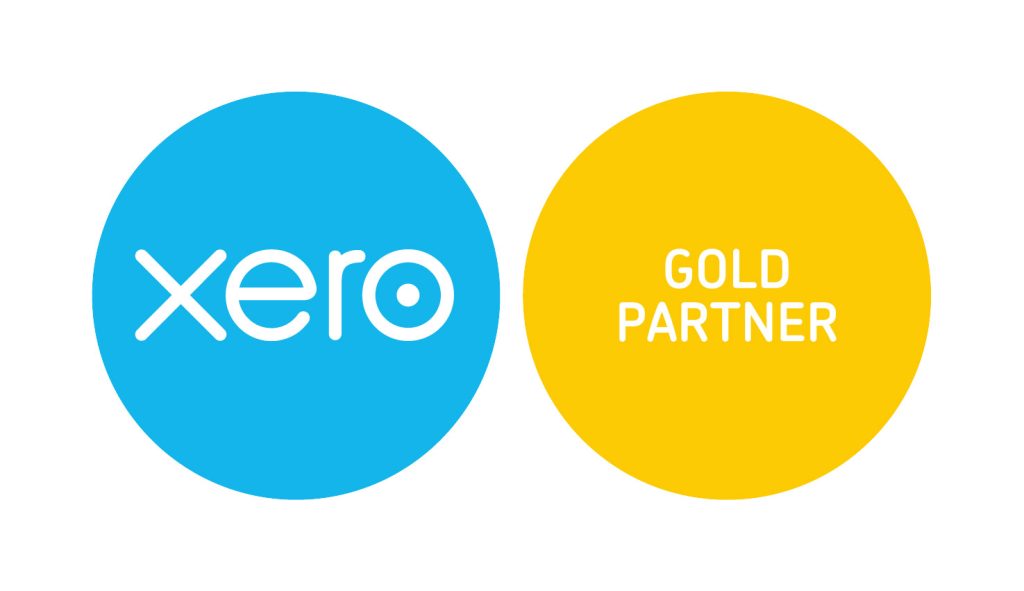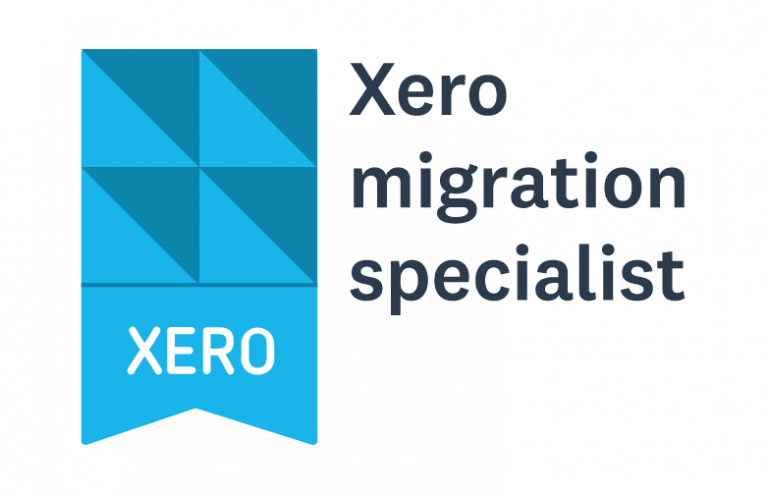Whether you are building up a property portfolio or are in a situation where you have decided to rent out your property, becoming a landlord can be quite confusing so here are our key tips for new landlords.
What should Landlords in buy-to-let know?
Inform your mortgage company
If you are about to let out your home, then it is more than likely you have a residential mortgage, if this is the case then you will need permission from your mortgage company to let out your property or need to switch to a different type of mortgage. You may need to refer back to your mortgage broker or your mortgage terms and conditions.
Change your insurance
You will need to take out landlords building insurance, if you have a residential insurance policy this won’t cover you for let property.
Register for self-assessment (Tax Returns)
Whilst you don’t have to report income that is less that £2,500 per annum, we recommend completing a tax return so that your income is recorded for mortgage purposes and that any losses do not go unrecorded to save you tax in the future.
Open a separate bank account
This is not essential but is good practice, so that you can clearly separate income and expenditure relating to your property from other personal finances. It makes preparing the information for your tax return much easier and a lot less time consuming.
If you have more than one property you only need one bank account and you can then transfer any money you need into your everyday bank account.
What can I offset against my tax?
In general anything to do with the let of the property is an allowable cost, this includes insurance, gas safety certificate, letting agency fees, rates, electric, gas, accountancy fees, legal fees in relation to the tenancy. If you are unsure then it is always best to ask your accountant.
Keep all your receipts
Letting out property will incur costs, so it is important that you keep all your receipts so should HMRC ever enquire into your return you have the supporting documentation.
Record your mileage
When you travel in your car in connection with the property you can claim the mileage as a cost. To do this you need to keep a record of each journey you are making, your record needs to include the date, where you were travelling to and from and the miles incurred. The rate that you can claim is 45p per mile for the first 10,000 miles then 25p per mile thereafter.
Improvements are not an allowable cost
When you spend money on general maintenance and repairs to a property this is an allowable cost. However, expenditure on improvements to a rental property cannot be a deduction from the rental profit, as it is a capital expense. For expenditure to be classed as a repair it needs to be like for like, for example if you were replacing a damaged laminate worktop in the kitchen with a granite work top this would be an improvement and the cost would not be allowed in calculating your rental profits. It’s not all bad news as most improvement expenditure can be deducted as a cost when calculating any capital gains (see further below).
Mortgage interest changes
The rules for finance costs have changed over the past few years and from April 2020 they will no longer be a cost of the property rental, relief instead is given as a credit. The biggest risk for new landlords is that this pushes them into higher rate tax.
Tax when you sell
When you sell a property that you have let out capital gains tax is payable on the ‘profit’ you make on the property. The costs of buying and selling the property can be used against this profit and any improvement expenditure can be offset. If you are offsetting improvement expenditure you need to make sure you keep the receipts as evidence. If the property was once your main residence, the gain is worked out for the entire period that you have owned the property and then proportioned by month for the period that it was not your main residence. The last 18 months of ownership do not count, which is a useful relief if you are only renting for a short period of time. The first £12,000 of the gain / profit is tax free as you have an separate allowance for capital gains tax, and then any excess is taxed at 28%.
Whether you are building up a property portfolio or you have become a landlord through change of circumstance, hopefully these tips will help you in good steady.
If you need any help or advice with regards to your property investment please contact us today!
Thinking of letting your buy-to-let property in the Airbnb marketplace? Read this article now Airbnb… what’s the catch?
Please note: tax rates and allowances are those in effect at the date of this post.












